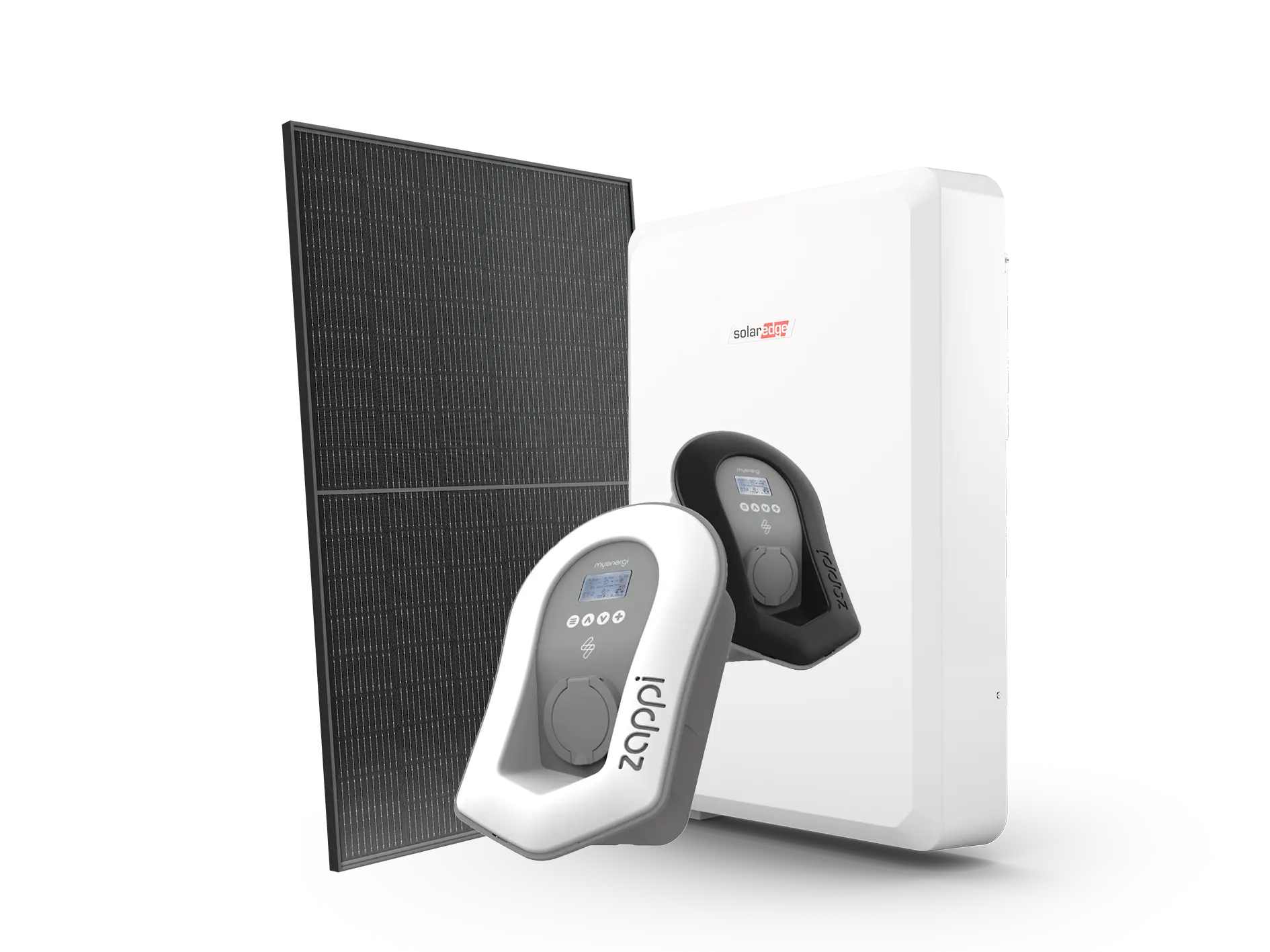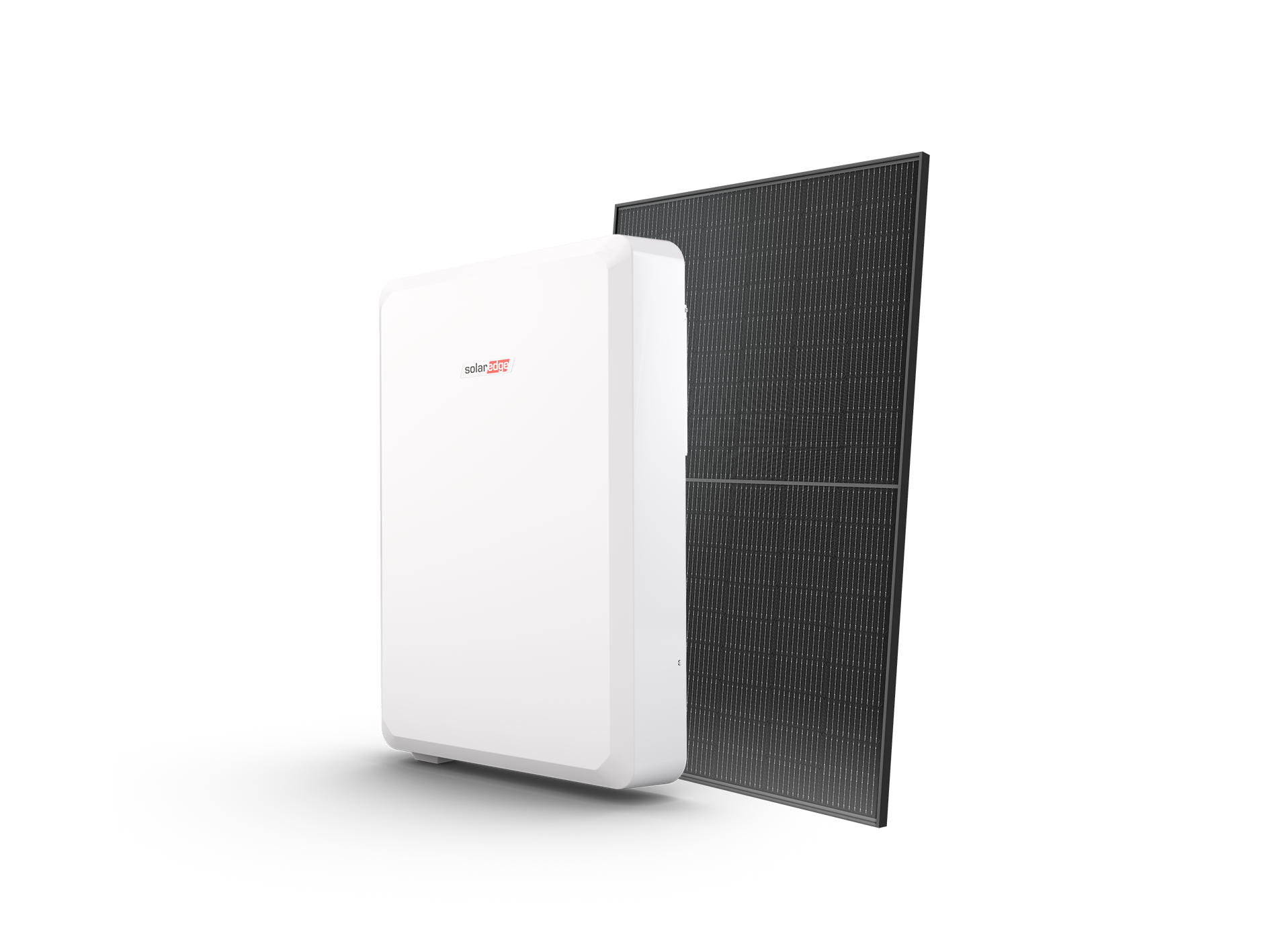Power Your Future with Solar Panels
Looking to cut energy bills, reduce your carbon footprint, and gain energy independence? At Genfit, we specialise in high-quality solar panel systems for homes and businesses nationwide.
Our expert team takes care of everything — from system design to installation and ongoing support — making it simple and stress-free to switch to clean, renewable energy. Start generating your own solar power and discover how much you could save.
With over 20 years of experience and trusted by customers across the UK, Genfit is your reliable partner in making the switch to solar.
Get in touch today and go solar with Genfit — making energy simple, wherever you are.
Thousands of Happy Customers
At Genfit, customer satisfaction is at the heart of everything we do. We’ve delivered high-quality solar PV installations for hundreds of businesses across the UK — from Staycold to Beko and Hardwood Sales. Our expert team takes pride in every project, delivering clean energy solutions that help companies cut costs and reduce carbon emissions. But don’t just take our word for it — click below to see what our customers have to say.
Rated 4.8 stars on Google and consistently praised across all platforms, our reputation speaks for itself.

%
Save Up to 70% on Energy Bills
With Genfit, you can save up to 70% on your electricity bills by switching to solar. Our premium solar PV systems are designed to perform all year round – rain or shine – helping households and businesses across the UK cut energy costs, reduce carbon emissions, and gain energy independence.
We only install trusted products from leading manufacturers, backed by long warranties and expert support. That’s why so many people across the country choose Genfit for their solar installations.
Plus, with the Smart Export Guarantee (SEG), you can earn extra income by exporting unused solar energy back to the grid – giving you even more return on your investment.
Who We Have Worked With






Benefits of Solar Panels
Significantly Reduced Energy Bills
Solar panels generate free electricity from the sun, reducing your reliance on the grid and cutting down on energy costs.
Low Maintenance
Solar panels are built to last 20-25 years with minimal upkeep, making them a long-term, hassle-free energy solution.
Eco-Friendly Energy
Solar power is a clean, renewable energy source that helps lower carbon footprints and supports a sustainable future.
Energy Independence
Solar power allows you to generate your own electricity, reducing your dependence on energy providers and shielding you from rising utility costs.
Industry Leading Warranties
Workmanship Warranty
Genfit offers an industry-leading 6-year warranty backed by the ECA. This gives our customers the benefits of a quality assured installation, and making sure their investment is protected.
Product Warranty
Our focus on quality is reflected in the products that we offer, with our system warranties ranging from 10 to 25 years.
Check Out Our Other Deals

12 Panel Fully Optimised System With 10Kw Solaredge Battery & Zappi EV Charger
£10,999

12 Panel Fully Optimised System With 10Kw Solaredge Battery
£10,299
We Are Bcorp Certified!
Certified B Corporations are leaders in the global movement for an inclusive, equitable, and regenerative economy. Unlike other certifications for businesses, B Lab is unique in our ability to measure a company’s entire social and environmental impact.
As a B-Corp certified company, we are committed to using business as a force for good. By achieving this prestigious certification, we have demonstrated our commitment to creating positive environmental and social impact, in addition to financial success. Being a B-Corp allows us to differentiate ourselves from competitors and appeal to customers who share our values of sustainability and responsibility. This certification also provides us with access to a network of like-minded businesses and industry leaders who share our commitment to making a positive impact.
We are so proud to have achieved such a high score – but we are not stopping there. Ever since our inception, we have had core values of people and planet before profit and so becoming a Bcorp was a decison that was part of our DNA already. However the structure of the BIA assessment has already made us better and we know how to continue to improve which we are 100% commited to.
https://www.bcorporation.net/en-us/find-a-b-corp/company/genfit/

B Corp Score
Governance 14.0
Governance evaluates a company’s overall mission, engagement around its social/environmental impact, ethics, and transparency. This section also evaluates the ability of a company to protect their mission and formally consider stakeholders in decision making through their corporate structure (e.g. benefit corporation) or corporate governing documents.
Workers 22.2
Workers evaluates a company’s contributions to its employees’ financial security, health & safety, wellness, career development, and engagement & satisfaction. In addition, this section recognizes business models designed to benefit workers, such as companies that are at least 40% owned by non-executive employees and those that have workforce development programs to support individuals with barriers to employment.
Community 19.1
Community evaluates a company’s engagement with and impact on the communities in which it operates, hires from, and sources from. Topics include diversity, equity & inclusion, economic impact, civic engagement, charitable giving, and supply chain management. In addition, this section recognizes business models that are designed to address specific community-oriented problems, such as poverty alleviation through fair trade sourcing or distribution via microenterprises, producer cooperative models, locally focused economic development, and formal charitable giving commitments.
Environment 43.4
Environment evaluates a company’s overall environmental management practices as well as its impact on the air, climate, water, land, and biodiversity. This includes the direct impact of a company’s operations and, when applicable its supply chain and distribution channels. This section also recognizes companies with environmentally innovative production processes and those that sell products or services that have a positive environmental impact. Some examples might include products and services that create renewable energy, reduce consumption or waste, conserve land or wildlife, provide less toxic alternatives to the market, or educate people about environmental problems.
Customers 2.1
Customers evaluates a company’s stewardship of its customers through the quality of its products and services, ethical marketing, data privacy and security, and feedback channels. In addition, this section recognizes products or services that are designed to address a particular social problem for or through its customers, such as health or educational products, arts & media products, serving underserved customers/clients, and services that improve the social impact of other businesses or organizations.
Our Installation Process
Enquiry
Simply fill in Genfit’s enquiry form or call us a member of our team will be in touch
Design
Genfit will design your PV system on our Solaredge designer application and create a system that suits your energy needs
Site Survey
One member of the Genfit expert yeam will visit you to verify your property is suitable, agree equipment locations and answer and questions you may have
Ready for Install
Place your order and Genfit will handle the rest! You can be saving in as little as 4 weeks
Accreditations
Up To £300 Reward
At Genfit we really do pride ourselves on building long-lasting relationships and recognise that most of our work is generated through referrals from our loyal customers.
To show our appreciation we will award £150 for every referral that results in a residential installation and £300 for every commercial installation.
If you would like to recommend a friend or business, simply fill out the form below. There is no limit to the amount of referrals you can make, but we will mention you when we call them to introduce ourselves.












